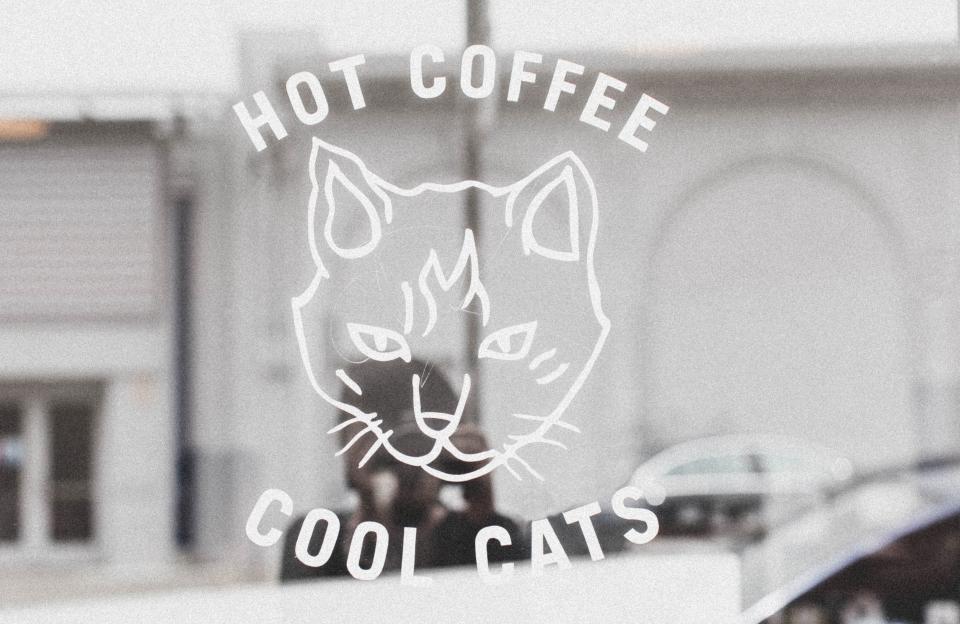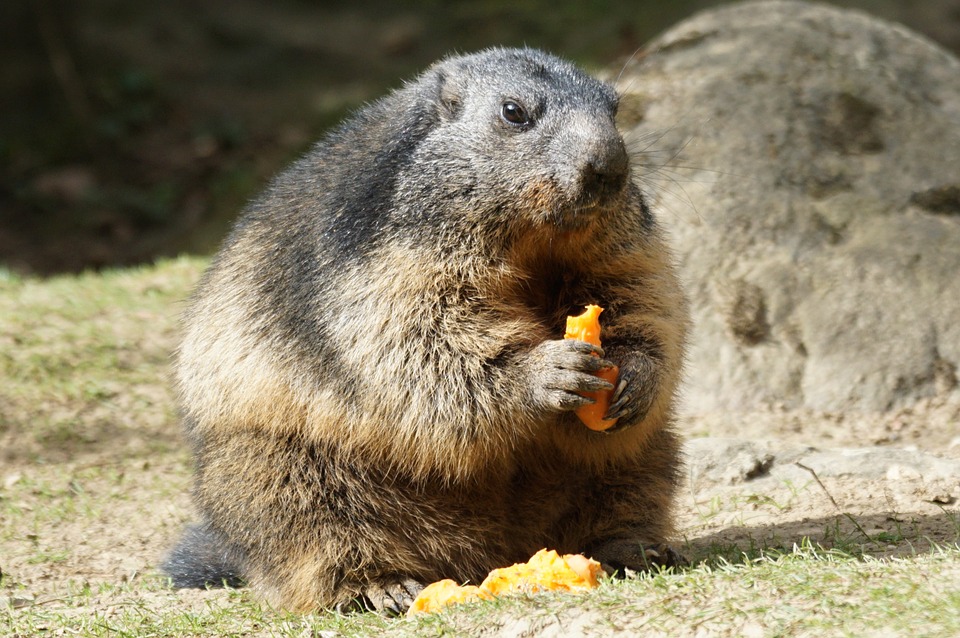This article examines the question of whether dogs can safely enjoy popcorn, a popular snack for humans. We'll explore the nutritional value of popcorn, potential risks associated with its consumption by dogs, and offer insights into safe ways to share this treat with your furry friend.
Part 1: Popcorn: The Snacking Dilemma for Dogs

1.1 The Nutritional Value of Popcorn
Popcorn, a whole grain, offers various nutrients that can be beneficial to both humans and dogs. It's a good source of:
- Dietary Fibre: Fibre is essential for maintaining healthy digestion and promoting regular bowel movements. Popcorn's fibre content helps regulate the digestive system and prevents constipation.
- Antioxidants: Antioxidants protect cells from damage caused by free radicals, which can contribute to various diseases. Popcorn contains antioxidants like polyphenols, which contribute to overall health.
- Vitamins and Minerals: Popcorn provides essential vitamins and minerals such as thiamin (vitamin B1), niacin (vitamin B3), iron, and magnesium. These nutrients play vital roles in various bodily functions.
1.2 Potential Risks of Popcorn for Dogs
While popcorn offers nutritional value, it's crucial to consider the potential risks associated with feeding it to your dog.
1.2.1 Choking Hazard
Unpopped kernels pose a significant choking hazard for dogs. Their small size and hard texture make them difficult to swallow, potentially leading to airway obstruction. Even popped kernels can be a choking risk, especially for small dogs.
1.2.2 Butter, Salt, and Other Seasonings
Many popcorn preparations include butter, salt, and other seasonings. These ingredients are unhealthy for dogs and can contribute to various health problems.
- Butter and Fat: Excessive fat intake can lead to obesity, pancreatitis (inflammation of the pancreas), and other digestive issues. Dogs have different digestive systems than humans and can't process fat as efficiently.
- Salt: Excessive sodium intake can cause dehydration, high blood pressure, and kidney problems. Dogs are more sensitive to sodium than humans, and too much salt can lead to serious health issues.
- Artificial Sweeteners: Certain sweeteners, like xylitol, are highly toxic to dogs and can even be fatal. Xylitol is commonly found in sugar-free foods and can cause liver failure and other organ damage in dogs.
1.2.3 Popcorn Husks
The husks, the tough, fibrous outer layer of the popcorn kernel, can pose a digestive challenge for dogs. They can cause stomach upset, constipation, or intestinal blockages, especially if ingested in large quantities.
Part 2: Safe Popcorn Consumption for Dogs

2.1 Plain and Air-Popped
The safest way to offer popcorn to your dog is plain and air-popped, without any added butter, salt, or seasonings. Ensure all kernels are popped thoroughly before offering them to your dog.
2.2 Moderation is Key
Treats, including popcorn, should be given in moderation. Even plain popcorn, if consumed excessively, can lead to weight gain, digestive problems, and nutritional imbalances.
2.3 Always Consult Your Vet
Before introducing any new food, including popcorn, to your dog's diet, it’s essential to consult with your veterinarian. They can assess your dog's individual needs, considering their breed, age, weight, and health condition, and provide tailored advice on safe treat options.
Part 3: Popcorn Alternatives for Dogs

If you're looking for healthy and safe snack alternatives for your dog, consider these options:
- Dog Treats: Many commercially available dog treats are formulated with healthy ingredients and are specifically designed to meet your dog's nutritional needs. Look for treats with minimal additives, artificial flavours, and sweeteners.
- Fruits and Vegetables: Fresh fruits and vegetables, such as apples (without seeds), bananas, carrots, and green beans, can be nutritious and enjoyable treats for dogs. Choose fruits and vegetables that are appropriate for dogs and avoid those that are toxic.
- Chew Toys: Chew toys provide mental stimulation and can help keep your dog entertained and satisfied. They can also help prevent destructive chewing behaviours.
Part 4: Recognizing Signs of Trouble
If your dog consumes popcorn and exhibits any of the following symptoms, seek veterinary attention immediately:
- Choking: Difficulty breathing, gagging, or coughing. If your dog is choking, attempt to remove the obstruction safely, but seek professional help immediately.
- Vomiting or Diarrhoea: These can be signs of digestive upset or potential blockages.
- Lethargy or Loss of Appetite: These symptoms can indicate a more serious health issue, such as an intestinal blockage or a reaction to the popcorn.
- Abdominal Pain: Your dog may show signs of discomfort, such as whimpering, restlessness, or guarding their abdomen.
Part 5: Alternatives to Popcorn
5.1 Healthy Snack Alternatives
Consider these safe and nutritious alternatives to popcorn for your canine companion:
- Carrots: A crunchy and satisfying treat, carrots are rich in fibre and vitamin A. They also help clean teeth and freshen breath.
- Green Beans: These low-calorie veggies offer a good source of fibre and vitamins. They're a healthy and refreshing treat for dogs.
- Apple Slices (Without Seeds): Apples are a good source of antioxidants and fibre, but remember to remove the seeds, as they are toxic to dogs.
- Plain Rice Cakes: Rice cakes can provide a low-calorie and low-fat snack, but avoid those with added salt or flavourings.
Part 6: Understanding Your Dog's Nutritional Needs
Ensuring your dog receives a balanced diet is crucial for their overall health and well-being.
6.1 Commercial Dog Food
Commercial dog food is generally formulated to provide all the necessary nutrients for dogs. Choose a high-quality dog food that meets your dog's specific age, breed, and activity level.
6.2 Home-Prepared Diets
If you choose to prepare your dog’s food at home, it’s vital to consult with your vet to ensure the diet meets their specific nutritional requirements. A balanced home-prepared diet requires careful planning to ensure it provides all the necessary nutrients.
Part 7: Making Informed Decisions
7.1 Prioritising Your Dog's Health
It’s crucial to make informed decisions regarding your dog's diet. While the occasional treat of plain, air-popped popcorn in moderation may be acceptable, prioritising their overall health should always come first.
Part 8: FAQs
8.1 Can all dogs eat popcorn?
While some dogs may tolerate plain popcorn, it's best to avoid it entirely, especially for puppies, older dogs, or those with sensitive digestive systems. These dogs are more susceptible to choking hazards or digestive issues. Consult your vet for personalised advice.
8.2 Is it safe to give my dog popcorn with butter and salt?
No, butter, salt, and other seasonings are harmful to dogs and can lead to various health problems. Stick to plain, air-popped popcorn only.
8.3 How much popcorn can my dog eat?
If you choose to offer your dog popcorn, do so in moderation. A few popped kernels as an occasional treat are acceptable, but avoid excessive consumption.
8.4 What should I do if my dog eats unpopped kernels?
If your dog eats unpopped kernels, monitor them closely for signs of choking or digestive issues. If you notice any signs of trouble, seek veterinary attention immediately.
8.5 What are some healthy alternatives to popcorn for dogs?
Consider offering your dog carrots, green beans, apple slices (without seeds), or plain rice cakes as healthy and safe snack alternatives. These options provide nutrients and are generally safe for dogs.
Everyone is watching
-

Can Dogs Eat Bananas? A Guide to Safe Treats
DOGS & PUPPIESThis comprehensive guide will delve into the world of canine nutrition, focusing on the popular question: can ...
-

Can Dogs Eat Oranges? (Is It Safe or Toxic?)
DOGS & PUPPIESThis article delves into the question of whether dogs can safely consume oranges. We'll explore the nutrition...
-

Can Dogs Eat Grapes? The Shocking Truth About This Fruit
DOGS & PUPPIESThis article delves into the controversial topic of grapes and dogs, exploring the potential dangers associate...
-

Why Do Dogs Eat Poop? Understanding Coprophagia in Dogs
DOGS & PUPPIESThis article delves into the perplexing phenomenon of coprophagia, the act of eating faeces, in dogs. We explo...
-

Can Dogs Eat Shrimp? A Guide to Safety and Risks
DOGS & PUPPIESThis comprehensive guide dives into the world of shrimp and dogs, exploring the potential benefits and risks a...
